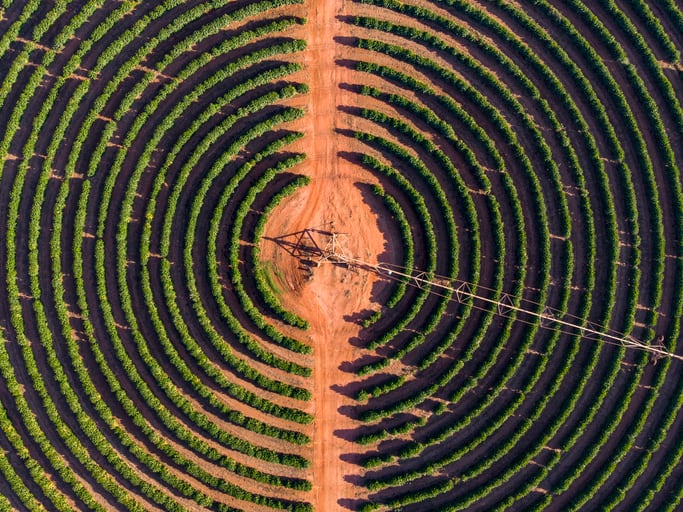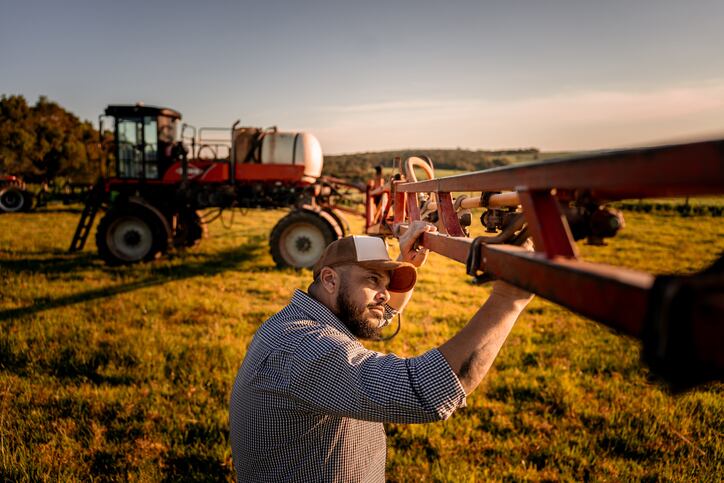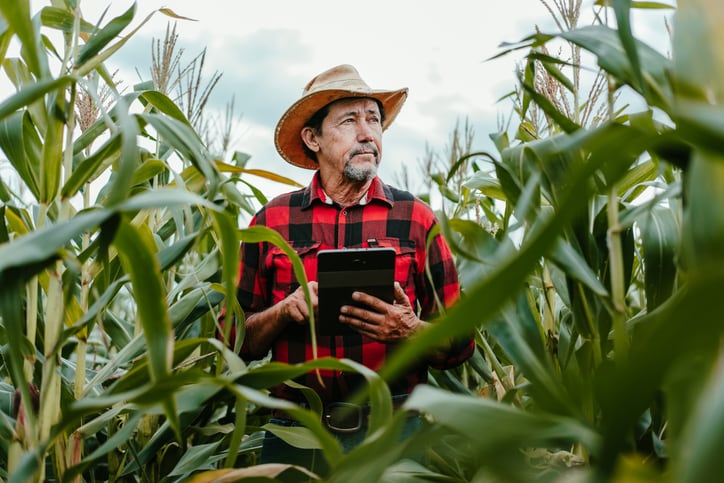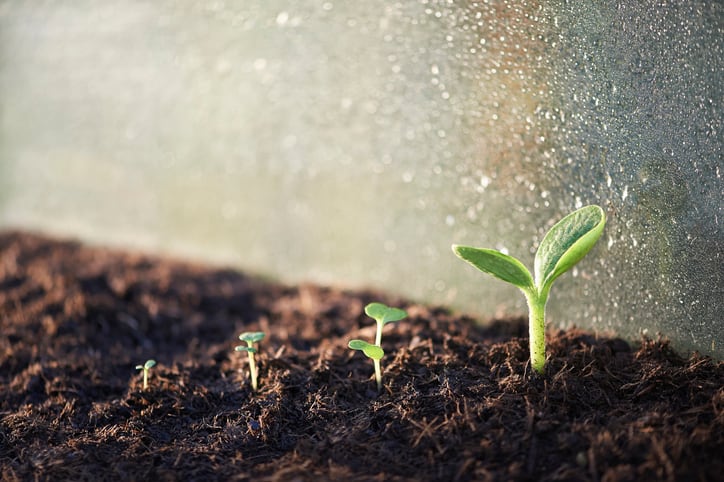Coffee-growing regions complain that rising temperatures and erratic rainfall patterns are reducing yields, diminishing quality, and increasing the prevalence of pests and diseases.
This is particularly problematic in the coffee belt. This stretches across five continents and includes around 70 coffee-producing countries. Here, even slight climate variations can have substantial effects on production.
Since 2019, the Cerrado Water Consortium (CCA), in collaboration with the likes of the Brazilian coffee cooperative Expocacer, has led the Conscious Producer Investment Programme (PIPC). This aims to ensure greater water security and mitigate the socio-environmental impacts the sector faces due to climate change challenges.
The programme offers producers specialised services in three areas: restoration, climate-smart agricultural practices, and efficient water resource management. So far, PIPC initiatives have been used by 150,000 farmers in the Cerrado Mineiro region. Soil and water health strategies have been implemented across 1,143 hectares (or 2,824 acres), achieving, among other results, an 86.63% carbon management index.
The CCA promotes conservation and sustainable development in the Cerrado region, with a particular focus on water resources. “We recently launched the first line of funding for water resilience and initiated an irrigation project with electronic sensors, which achieved a 30% water savings in the pilot project,” said CCA’s president Marcelo Urtado.
In total the CCA has implemented climate-smart agriculture strategies on 2,981 hectares (or 7,366 acres) of crops, conserving 195 hectares (or 481 acres) of native vegetation and planting 68,000 native species. CCA services are provided across 116 rural properties in three basins: Patrocínio, Serra do Salitre, and Coromandel, covering a total area of 99,571 hectares (or 493,150 acres).
The CCA has ensured water supply for the three municipalities, which together have more than 131,000 residents, said Urtado. “Our expansion strategy aims to reach other cities in the Cerrado region and additional basins to improve soil and water quality, enhance vegetation, create climate-smart agricultural corridors, and boost overall biodiversity in the region.”
What exactly are the strategies that are being implemented?
The role of the CCA is to help producers transition to smart agriculture by offering technologies applicable to both native vegetation and productive areas, with a focus on improving water resource management, and always based on scientific research and practical experience.
It offers producers a “menu” of around 50 methods, explained the consortium’s executive secretary, Fabiane Sebaio.
Three methods are considered priorities, however: soil health, the use of biologicals and diversity in the landscape.
Keeping soil covered at all times is a crucial practice, she said. This technique “improves the soil, its structure, increases biodiversity, balances the temperature and retains water, as well as helping the proliferation of natural enemies of coffee pests”.
The use of biological products and conservation biological control (CBC) – a pest control method that uses natural enemies to regulate pest populations instead of chemical pesticides – is also key to biodiversity to help in manipulating the environment to increase the survival, longevity and efficiency of natural enemies of agricultural pests. “The basic premise is to control agricultural pests and disease-transmitting insects using their natural enemies, which can be other insects, predators, parasites and microorganisms such as fungi, viruses and bacteria. It is a method that allows a reduction in the use of pesticides, minimizing their negative impacts, such as contamination and emissions related to their production.
Diversity in the landscape, she added, can be carried out by adding trees, shrubs or grass species to the crop and its surroundings. “It is fundamental for improving the composition of the landscape,” she said, “and for maintaining ecosystem services, such as maintaining hydrological cycles within watersheds, pollination and climate regulation, which, among other benefits make agricultural production viable”.
Without water, there is no coffee
Expocacer, meanwhile, serves 680 producers exporting to more than 30 countries across five continents. It says the health and sustainable use of the region’s watersheds are not only the most important indicators of intervention outcomes, but also a priority given the current water scarcity.
“That’s why we need to continue on this path of healthy and conscious agriculture, establishing more ethical and fair commercial relationships throughout the production chain, in line with the market’s sustainability agenda,” said Farlla Gomes, technical and sustainability manager at Expocacer.
“Our cooperative is leading by example, demonstrating that it is possible to achieve commercial success while protecting and preserving natural resources, promoting the well-being of the environment, the people involved in coffee production, and local communities.”





